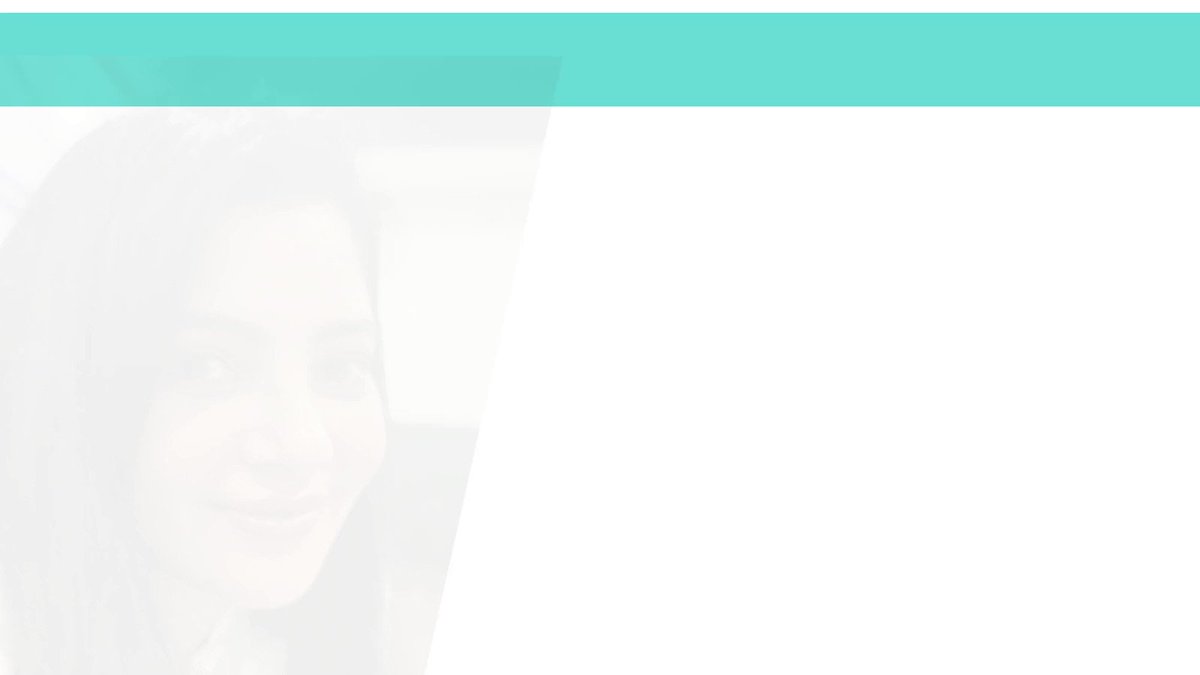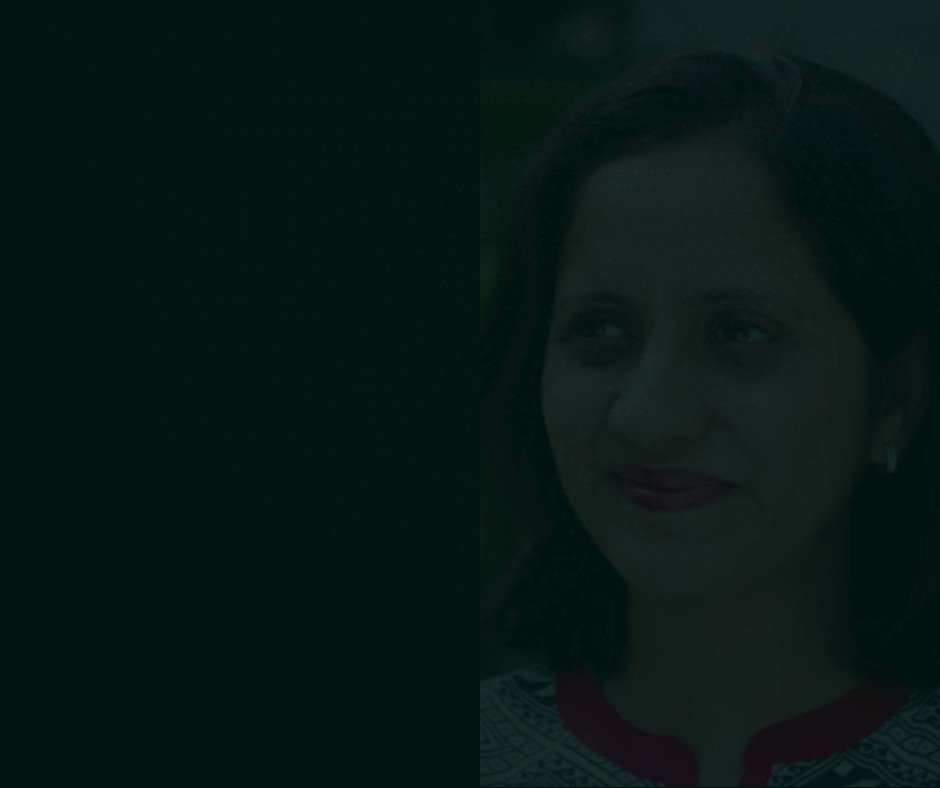gargi
3:31
3:32
3:35
3:39
3:40
3:42
3:46
3:47
3:50
3:51
3:53
3:54
3:55
3:57
3:58
3:59
4:01
4:03
4:04
4:07
4:07
4:09
4:12
4:15
4:15
4:18
4:19
4:21
4:22
4:28
Connecting…









